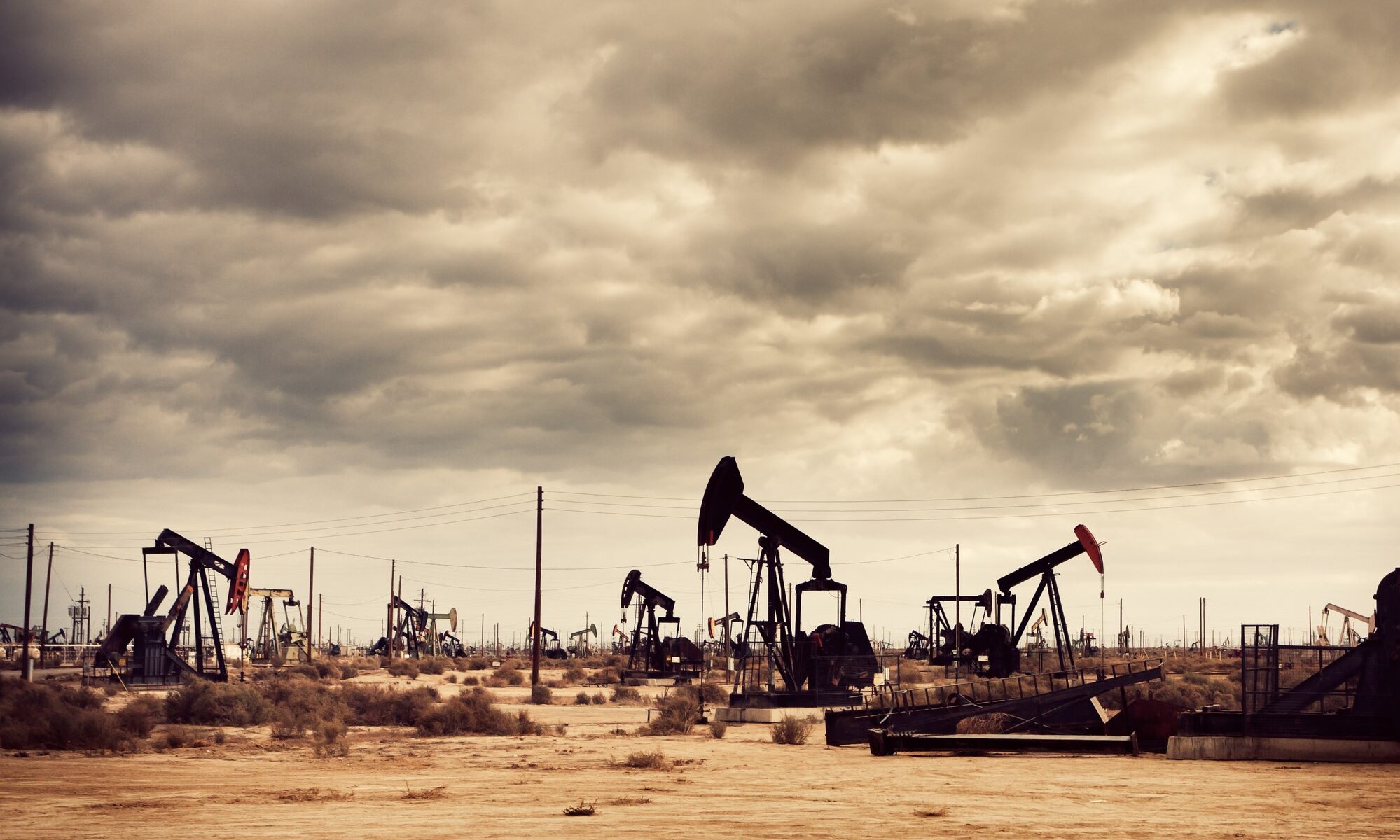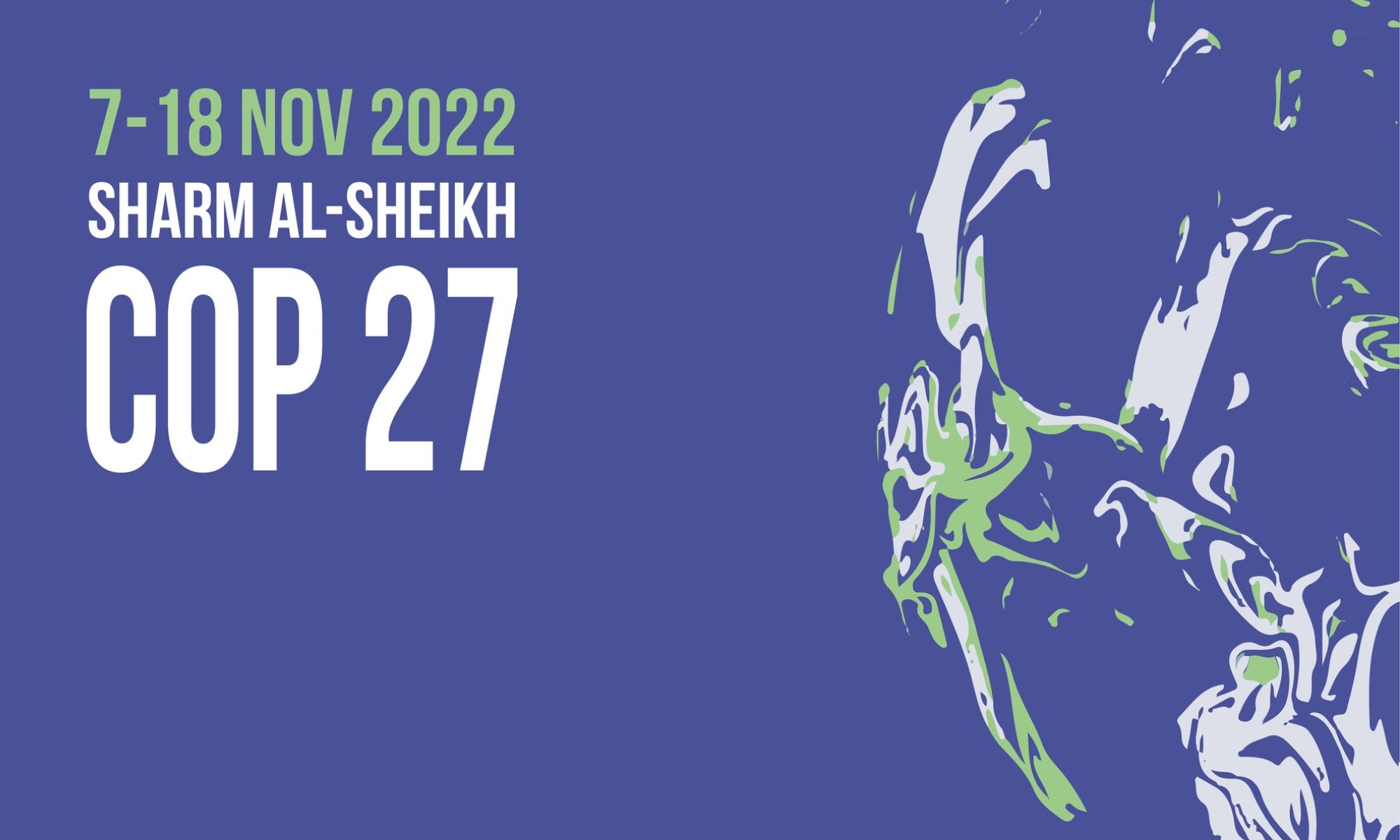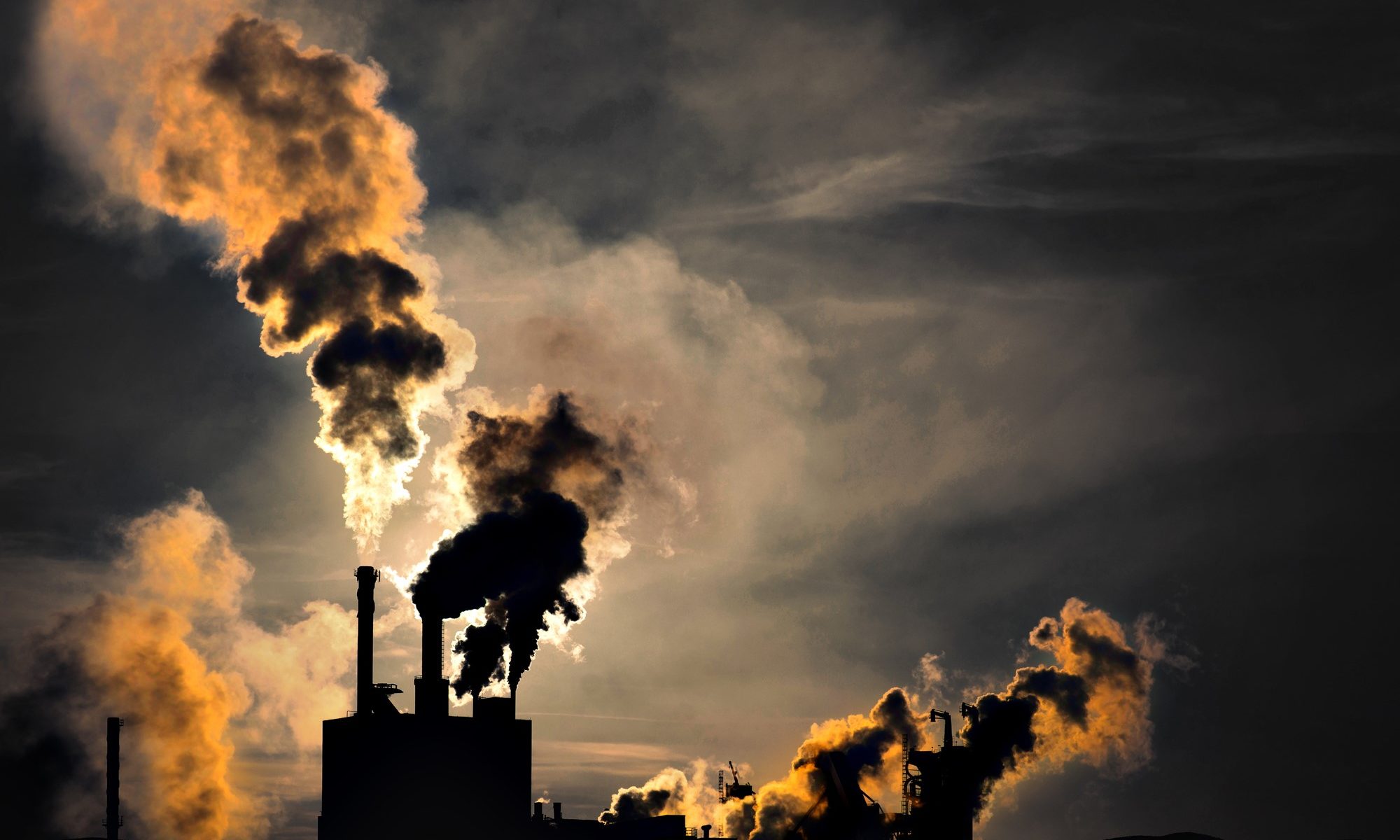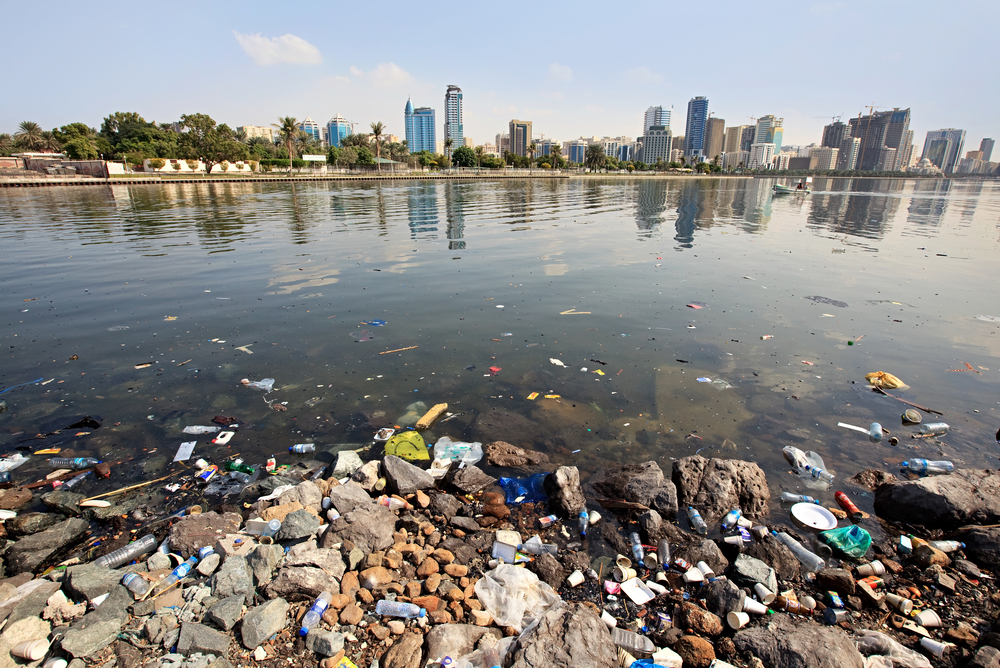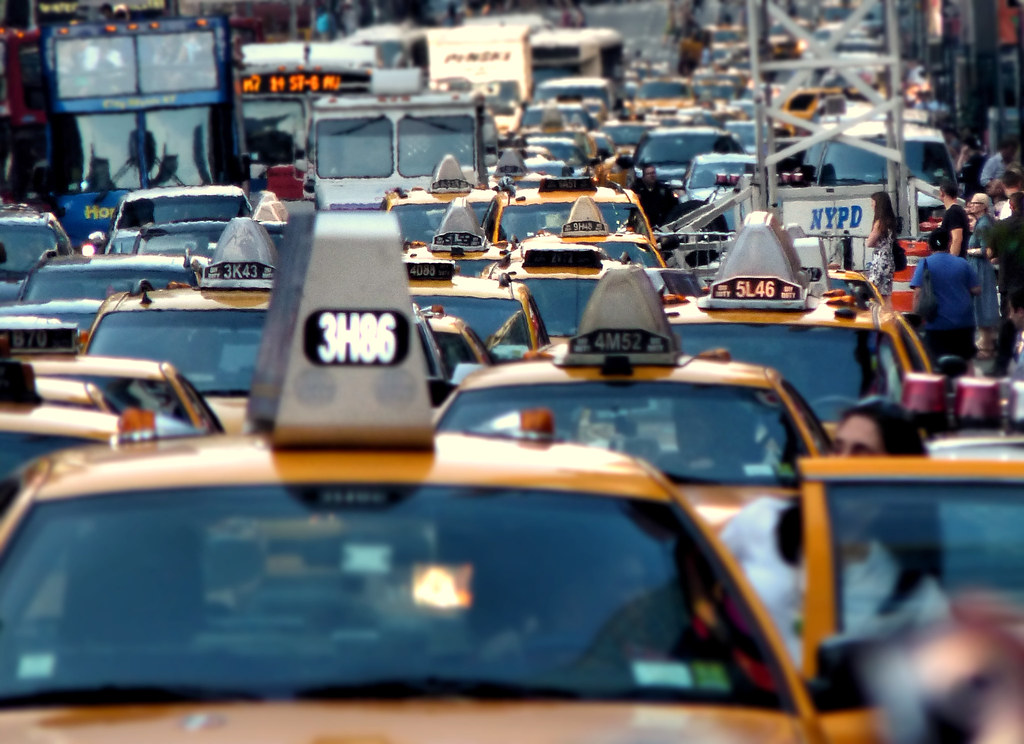Back when I shared a home with roommates, dirty dishes were a constant source of strife. I had many roommates who loved to cook, but were largely disinterested in the clean-up that followed. (Of course, I was never part of the problem. I was the model roommate…) But, nevertheless, the dishes would pile up until there wasn’t a single clean plate or cup in the house, and we would inevitably have to ask: who’s going to clean up this mess?
In many ways, the climate crisis is a lot like those stacks of dirty dishes spread across our kitchen counter. Both are problems that result from a series of collective actions (or inactions). Further, both problems – if left unaddressed – lead to serious ramifications down the line (though of vastly differing severities).
By withdrawing the U.S. from the Paris Climate Agreement, President Trump is like the roommate who, upon seeing the stack of dirty dishes, slowly backs out of the kitchen and leaves everyone else to figure out the solution. But is this so bad? Why think the U.S. is under any kind of obligation to help clean up the mess in the first place?
When it comes to addressing collective action problems, there are a number of different approaches we might take. Perhaps the most straight-forward solution would have been to evenly split the task of washing the dirty dishes amongst myself and my roommates. This would certainly solve the problem. But some of us would have objections. Why, for example, should the roommate who used only a single plate for each and every meal have to clean as much as the roommate who created an elaborate four-course dinner for a handful of his friends? In other words, we might be skeptical that an even share is a fair share. Why? Because each roommate’s contribution to the problem wasn’t equal.
Perhaps, then, a fair solution needs to take into account how responsible each party is for the problem. If one roommate was responsible for producing half of the dirty dishes, then they should be responsible for cleaning half of the dishes. This is, essentially, the common notion that we have a duty to clean up our own mess. In discussions of environmental ethics, this approach is commonly referred to as the Polluter Pays Principle (PPP). Applied to the climate crisis, the PPP would require those who have historically produced more emissions to shoulder a greater share of the burden of solving the problem (both by reducing future emissions, and contributing financially to the cost of addressing the crisis).
With total historical emissions of just under 400 billion tonnes CO2, the United States is responsible for a full quarter of global cumulative emissions – more than double that produced by China. The PPP, then, would hold that whatever needs to be done to address the climate crisis, the U.S. is on the hook for a quarter share of the burden.
Yet we might have concerns with this approach too. Consider that roommate who cooked the four-course dinner for friends. While they might have been responsible for producing the mess, they were not the only one to receive the benefits of that mess. That roommate might argue that their friends – those who enjoyed the elaborate degustation – should now be held accountable for cleaning some of those dishes. This intuition can be captured by a different approach, commonly referred to as the Beneficiary Pays Principle (BPP). According to this principle, the burden of cleaning up a mess shouldn’t just fall on those who made the mess, but rather on those who benefited from that mess.
In the context of the climate crisis, this shift from the PPP to the BPP makes little difference to the onus placed on the United States. The term “carbon majors” is used to refer to a collection of the world’s largest oil, gas, coal, and cement producing corporations – that is, those businesses that have received the greatest financial benefit from the climate crisis. Of these 122 carbon majors (who are, collectively, responsible for 72% of all historical emissions) more than 27% are housed within the United States. But the benefits extend further than this. The United States economy has flourished as a direct result of its dependence on carbon-intensive industry, creating myriad benefits for those who live here. According to the BPP, then, it is only fair that we in the U.S. take on a substantial portion of fixing the problem we benefited from.
But suppose that, on the morning my roommates and I convene to discuss the dish dilemma, everyone is very busy. Some have class, while others need to get to work. In fact, the only person who has the time and resources to clean is me. In such a circumstance, my roommates might argue that I should be the one to shoulder the greater burden simply because I’m able to. This approach is referred to as the Ability to Pay Principle (APP), and it underpins many intuitive notions. It explains, for example, why we tend to place a greater expectation on wealthier people to donate more to charity. Why? Because they are more able to give up their resources. It also provides the foundation for the kind of progressive tax system we have here in the U.S.
Applied to the climate crisis, the APP would look not to those who contributed to or benefited from the problem, but would instead focus on those who are most able to help. Once again, however, this principle would prioritize the U.S.A. as needing to shoulder a substantial portion of the burden. With the eleventh highest GDP per capita in the world, the U.S. is among the most able to financially contribute to solving the problem. What’s more, we also have the greatest ability to take on non-financial burdens like reducing our carbon emissions. Why? Because we have available world-leading technological expertise to effectively transition to renewable energy.
The upshot then, is this: When it comes to the U.S.A.’s climate obligations, it doesn’t really matter if we think that it’s contribution or benefit or ability that determines who should solve the problem. Why? Because the U.S.A. is on the hook regardless of the approach we take. And that’s what makes Trump’s exit from the Paris Climate Agreement so egregious. In doing this, the U.S. is, essentially, being the very worst kind of roommate to have to share a home with.


